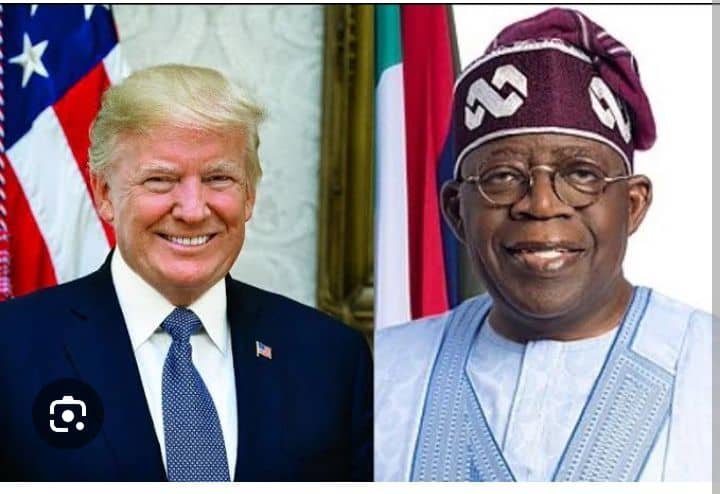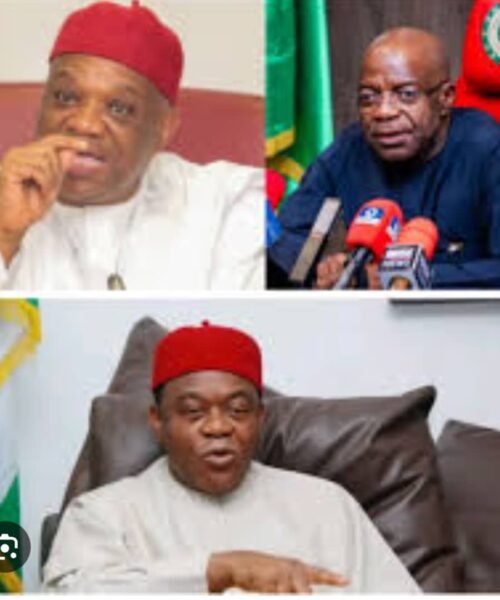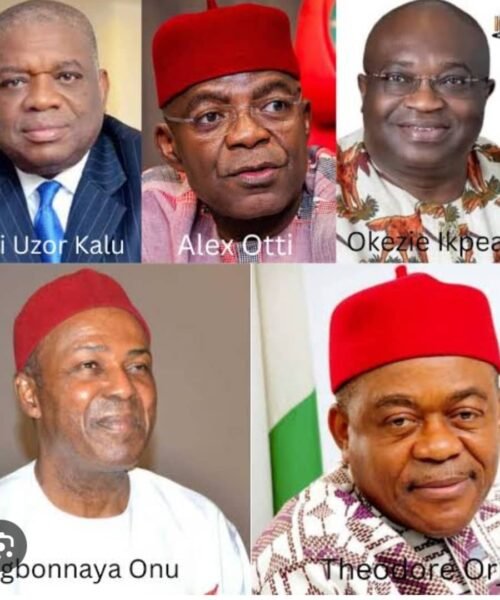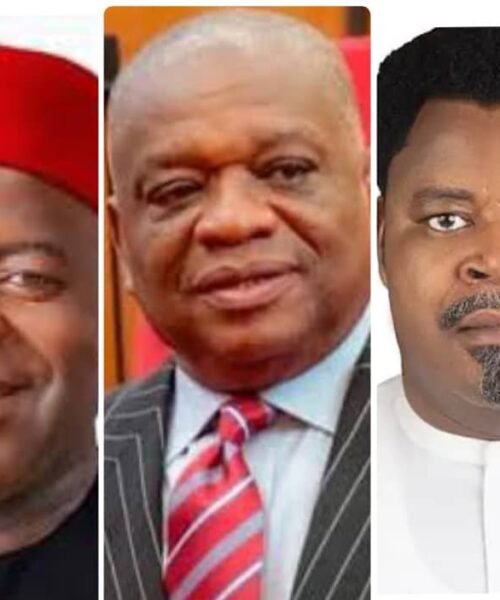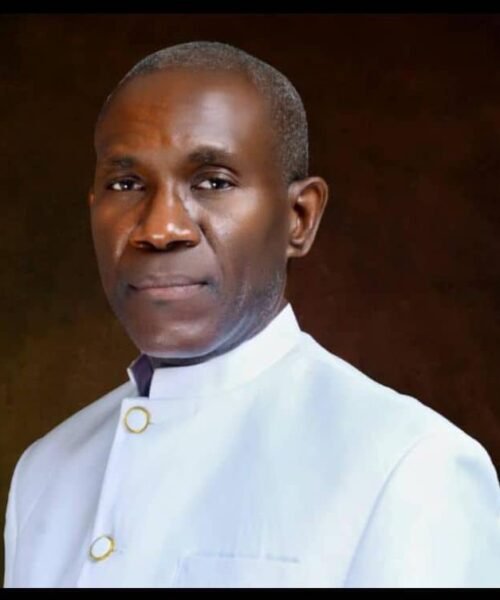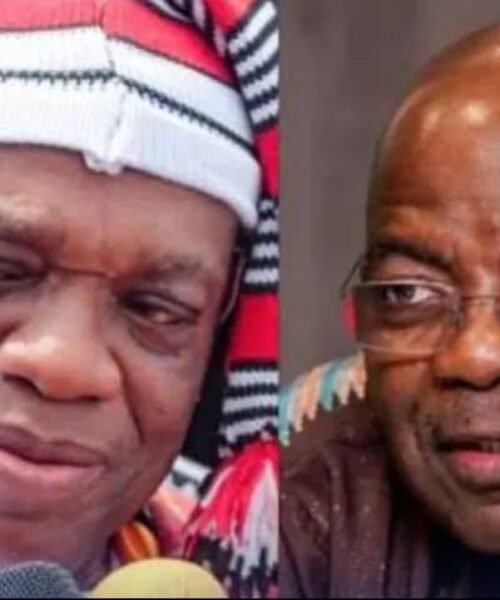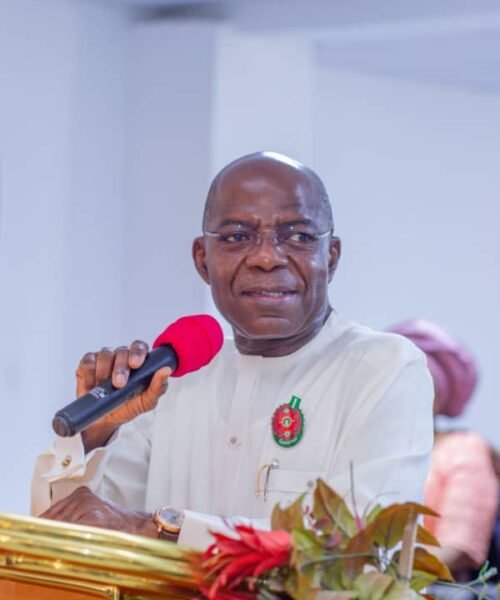Why Trump’s Hard Line on Nigeria’s Faith Killings Isn’t Coming from Nowhere—And What “Surgical” Action Should Look Like
If you strip out the rhetoric and look only at the numbers, there is a hard reality Washington cannot credibly ignore: lethal attacks on Christian communities in Nigeria are frequent, mass-casualty, and under-prosecuted. Open Doors has, for consecutive years, ranked Nigeria among the deadliest places in the world to be a Christian; its country profile documents millions of Christians across sub-Saharan Africa displaced by violence, with Nigeria prominent in the totals. Event-level reporting matches the aggregate picture. Reuters recorded at least 52 people killed across six villages in Bokkos, Plateau State, in April 2025, at least 51 more in a follow-on attack days later, and over 100 killed in the same district in late 2023—patterns that overwhelmingly affect predominantly Christian farming settlements in Nigeria’s Middle Belt. The U.S. Commission on International Religious Freedom’s 2025 report concludes that religious-freedom conditions “remained poor” in 2024, with federal and state authorities too often failing to prevent or punish attacks by violent non-state actors. ACLED’s conflict tracking further shows thousands of conflict deaths annually in Nigeria, with civilian targeting concentrated in the Northwest and Middle Belt where many of these massacres occur; importantly, ACLED stresses that Muslims are also victims—but that does not negate the well-documented, repeated targeting of Christian localities. In April 2025, Reuters reported ISWAP claimed attacks on a Christian community in Adamawa, including the torching of a church—evidence that explicitly sectarian actors remain active alongside bandit and herder militias.
On the U.S. policy side, the Country of Particular Concern (CPC) designation for Nigeria formalizes that Washington sees “systematic, ongoing, egregious” violations of religious freedom. With CPC newly affirmed by the State Department in late 2025, the diplomatic predicate for pressure exists—whatever one thinks of Trump’s tone. Abuja has publicly rejected threats of military action, insisting the constitution forbids state-backed persecution and that sovereignty must be respected. That pushback is real; Reuters, Politico and others captured Nigeria’s firm response to Trump’s threats. But disagreement over means does not erase the facts on the ground: recurring massacres of Christians, weak deterrence, and low visible prosecution rates—precisely the conditions that motivate a hawkish U.S. stance.

The question, then, is not whether the U.S. should “do something,” but what a lawful, effective, and genuinely surgical response looks like. The Iran playbook provides a template—targeted, rules-based measures that punish perpetrators and enablers rather than punish a population. In practice that means leveraging the Global Magnitsky authorities and OFAC toolset already used against Iranian officials and networks: designate individual militia leaders, financiers, arms suppliers, and enabling local officials tied to specific atrocities; freeze their assets; cut their access to the dollar system; and layer in visa bans. These tools exist, are scalable, and have a proven compliance backbone. The CPC framework allows tailored sanctions packages while maintaining cooperation with Abuja’s federal services against jihadist groups.
A surgical track should also include conditional security assistance that is results-based, not rhetorical: tie training, hardware, ISR, and funding to public, quarterly benchmarks—number of mass-attack investigations opened, indictments filed, cross-border trafficking networks disrupted, and community-level early-warning systems deployed in Plateau, Benue, Kaduna, Niger, and Taraba. If a state or local unit is credibly implicated in abuses or collusion, apply unit-level Leahy vetting and suspend assistance until remediation is verified. This is precisely how the U.S. has differentiated between compliant and non-compliant security organs in other complex theaters.
None of the above requires unilateral U.S. military strikes. It does require naming names, following money, and hard-binding aid to measurable justice outcomes—the kind of calibrated coercion that Washington has long applied to Iranian and other human-rights violators without collapsing a bilateral relationship. In parallel, Nigeria can strengthen its hand by doing what allies most value: publish harmonized, ACLED-grade incident data, geo-tag mass-casualty events, and show prosecutions—with case numbers, charges, and convictions—on a public dashboard. USCIRF and State look for exactly this kind of proof of will; so do investors.
To be clear, Nigeria is right that its crisis is multi-causal: criminal banditry, herder-farmer clashes, jihadist insurgency, weak rural policing, and impunity all overlap, and Muslim communities are also repeatedly attacked. That complexity is reported by wire services and regional analysts and must be kept in view to avoid simplistic narratives. But it is precisely because the landscape is complex that targeted, not theatrical, measures are warranted. Trump’s instinct to elevate the issue sits on a factual substrate of regular, high-fatality attacks on Christian localities; the responsible path is to channel that pressure into legal, precise tools that raise the cost of atrocity for perpetrators while supporting Abuja’s constitutional commitments.
If Washington uses CPC + Magnitsky + conditional assistance the way it has weaponized sanctions, listings, and vetting in the Iran context—aimed at specific people and networks, tethered to verifiable benchmarks—it can justify its posture with data, not headlines. The endgame is simple and measurable: fewer massacres, more prosecutions, and shrinking operating space for the actors who torch churches at night and disappear by morning. That is what “surgical” must mean.
AProf Chukwuemeka Ifegwu Eke

